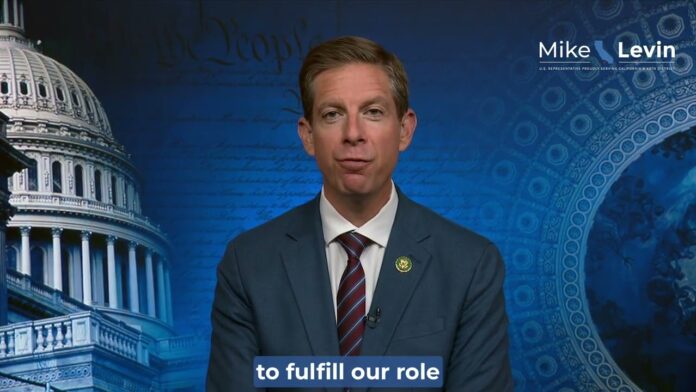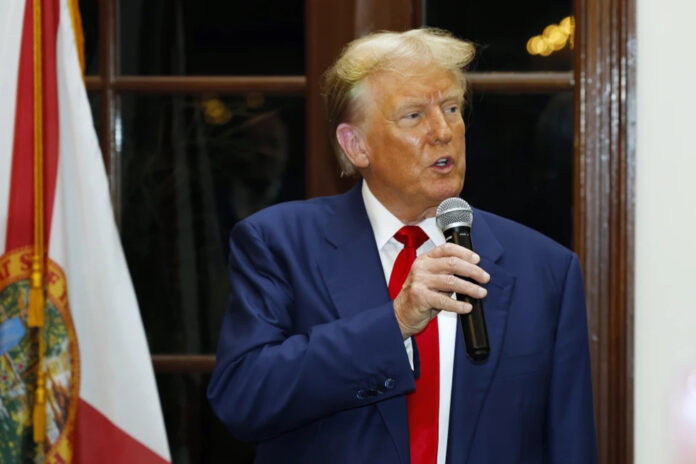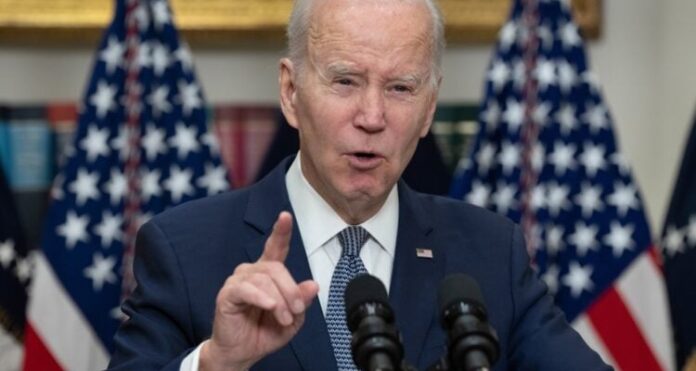Surging Mortgage Rates & Commission Uncertainty Shake U.S. Housing Market Amidst Regulatory Overhaul
Edited by: TJVNews.com
The U.S. housing market is encountering renewed volatility as mortgage rates surge past 7%, leading to a significant decline in home sales. According to a recently published report in the Wall Street Journal, this turbulence is compounded by uncertainty surrounding real estate commissions, all of which are reshaping the landscape for buyers, sellers, and the broader economy.
In March, the average rate on the standard 30-year fixed mortgage ascended sharply to 7.1%, as reported by Freddie Mac. This rate, the highest since late 2023, represents a near quarter percentage point increase from the previous week, marking the largest weekly surge in nearly a year, as was detailed in the WSJ report. This uptick in mortgage rates is a pivotal factor behind the cooling housing market, as higher borrowing costs directly impact buyer affordability.
Concurrently, existing home sales experienced a downturn, falling 4.3% from February to March, according to the National Association of Realtors (NAR). This decline is the most substantial monthly percentage drop since November 2022, signaling a potentially rocky road ahead for real estate activity. The information provided in the WSJ report indicated that the decline in sales reflects a stark reversal from the positive momentum observed at the beginning of the year, where a temporary dip in mortgage rates spurred a flurry of buyer activity, including increased listings and real estate showings.
However, as mortgage rates began to climb again in February, the burgeoning optimism was quickly dampened. The escalation in borrowing costs is dragging affordability towards the historic lows witnessed last year, with home prices remaining near record highs. Additionally, the report in the WSJ noted that other homeownership expenses such as insurance premiums, property taxes, and maintenance costs have seen significant increases, further straining potential buyers’ budgets.
Amidst these financial pressures, there is also looming uncertainty about changes to the rules governing real estate agent commissions. A historic settlement was reached last month following claims that the industry had conspired to keep agent commissions artificially high. The impending new regulations, set to take effect in July, aim to make it easier for home buyers to negotiate fees with their agents. As was pointed out in the WSJ report, this change is intended to potentially lower the costs for buyers but has introduced a degree of uncertainty that could cause both buyers and sellers to delay their market activities until the implications of these new rules are clearer.
Selma Hepp, chief economist at CoreLogic, notes the resulting confusion and hesitation among potential homebuyers. “There’s so many mixed signals now in the market that for many people, it’s just too much,” Hepp explained to the WSJ, indicating a growing trend of prospective buyers opting to “sit it out” amid the uncertainty.
This hesitation is partly fueled by the broader economic context, especially inflation rates and monetary policy responses. As per the report in the WSJ, recent data showing stronger-than-expected inflation has led to speculation that the Federal Reserve might maintain higher interest rates for an extended period. In turn, this affects the yield on 10-year Treasury notes, a benchmark that closely influences mortgage rates. As these yields have risen, so too have the costs of securing a mortgage, adding another layer of complexity for would-be homebuyers.
The supply of available homes remains critically low, a factor that continues to drive prices upward despite the cooling demand. According to the National Association of Realtors (NAR), the national median existing-home price in March escalated to $393,500, marking a 4.8% increase from the previous year. Speaking to the WSJ was Lawrence Yun, NAR’s chief economist. He emphasized the dire need for more inventory, stating, “Home sales are essentially stuck. We need more inventory, definitely.”
This shortage is reflected in the sales volume of existing homes, which constitute a significant segment of the market. Data shows a notable decline of 3.7% in March on an annual basis, with a seasonally adjusted drop of 4.8% from February to March as estimated by economists surveyed by The Wall Street Journal.
Adding to the complexity is the impending modification in the rules governing how real estate agents are compensated. These changes, aimed at increasing transparency and potentially reducing costs for buyers by enabling more straightforward negotiation of agent fees, are causing both buyers and sellers to hesitate, the WSJ report indicated.
This uncertainty about commission structures is particularly impactful because it intersects with broader financial considerations about affordability and market participation. If buyers believe they can secure lower costs by waiting, they may delay purchasing decisions, which could dampen the market activity typically seen in the spring.
In the case of David Bramlett and Alexandra Hodson, the decision to delay their home purchase last fall and re-enter the market this year proved to be fortuitous. According to the information contained in the WSJ report, the couple purchased a four-bedroom home with a yard in Cumming, Georgia, for $480,000 in March. Bramlett’s experience highlights a less competitive market, which he attributes to their timing: “There was no bidding war,” he noted, when speaking with the WSJ. “It was good to get in when we did, where we did, with a motivated seller.” This anecdote illustrates how strategic timing and patience can sometimes benefit buyers, especially during periods when market dynamics shift.
However, not all homebuyers have experienced similar conditions. The broader market has shown signs of tension and uncertainty. According to real estate brokerage Redfin, the median monthly payment for a home purchase climbed to $2,775 in the four weeks ending April 14, marking a substantial increase of 10.6% from the previous year, as was pointed out in the WSJ report. This rise in costs reflects the growing challenge of affordability in many parts of the country.
Clint Jordan, a real estate agent in Colorado Springs, Colorado, observed a significant slowdown in both March and April. Also speaking to the WSJ, he pointed to rising interest rates as a key factor causing prospective buyers to hesitate: “Rates are a little bit higher, so a lot of our buyers are sitting back.” This sentiment is echoed across various markets in the U.S., where the uptick in interest rates has directly impacted buyer enthusiasm and capability.
The connection between interest rates and home buying activity is a critical one. As rates increase, the cost of borrowing money to buy a home rises, which can significantly affect a buyer’s decision-making process. This relationship speaks volumes about the sensitivity of the housing market to broader economic indicators, particularly the policies set by financial institutions regarding interest rates.
As the housing market navigates through these choppy waters, potential buyers and sellers must consider a range of factors. Economic conditions such as inflation, interest rate fluctuations, and general economic stability play significant roles in shaping market dynamics. Additionally, the WSJ report said that individual circumstances such as timing, location, and the specifics of local markets can drastically affect the outcome of buying or selling a home.
According to a 2023 analysis by CBRE, a global real estate services firm, the average monthly new mortgage payment was 38% higher than the average apartment rent in the U.S. at the end of the year. This disparity marks a significant premium that has persisted in the double digits for two years—a trend unprecedented in its duration and intensity.
Matt Vance, senior director and Americas Head of Multifamily Research at CBRE, noted while speaking with the WSJ, “It’s never been this high for this long.” He added, “It doesn’t seem likely that it will come down any significant amount in the next several years.” This ongoing disparity is partly fueled by the sustained rise in home prices coupled with relatively high mortgage rates, which together have escalated the costs of homebuying well beyond the rate of rental increases.
This shift towards renting over buying could have significant economic implications. For one, it affects household spending patterns, as renting might allow for more flexibility and liquidity than owning a home, as was explained in the WSJ report. However, it also means that fewer people are building home equity, traditionally a key component of long-term wealth accumulation in the U.S.
Moreover, the high cost of homeownership could contribute to a slower rate of household formation, as young adults and other potential first-time homebuyers may find themselves priced out of the market. Indicated in the WSJ report was that this demographic shift could have long-term effects on consumer spending and the overall economic health.
Looking forward, the real estate market faces a complex array of challenges. While the Federal Reserve’s policies will continue to influence interest rates and mortgage costs, other factors like demographic trends, the supply chain issues affecting new home construction, and broader economic conditions will play critical roles in shaping the market.
















